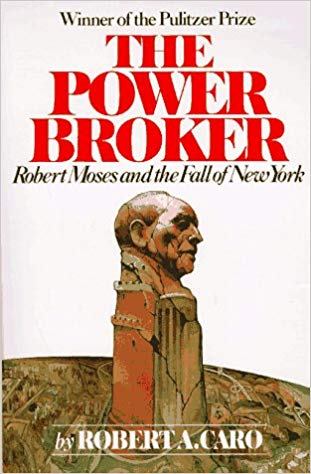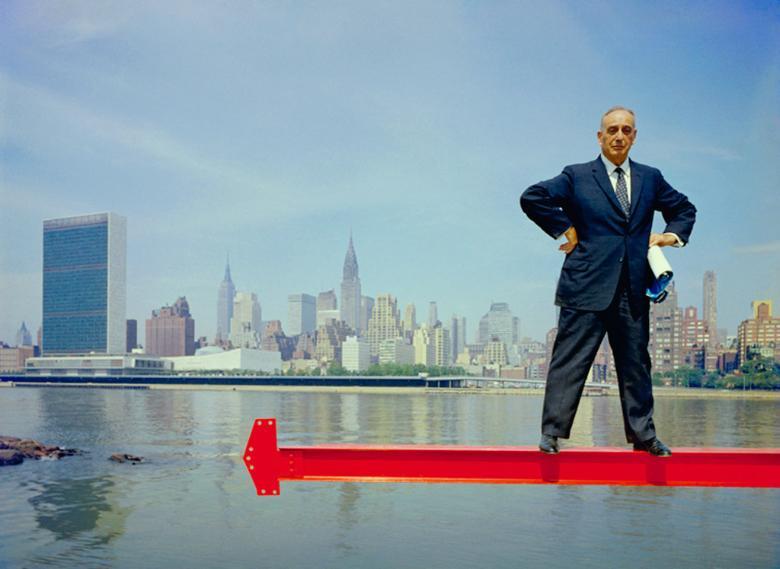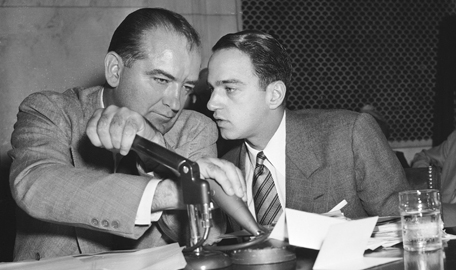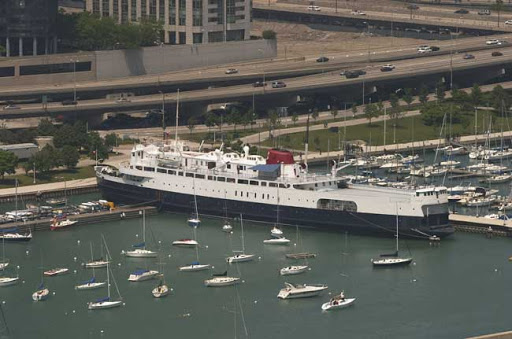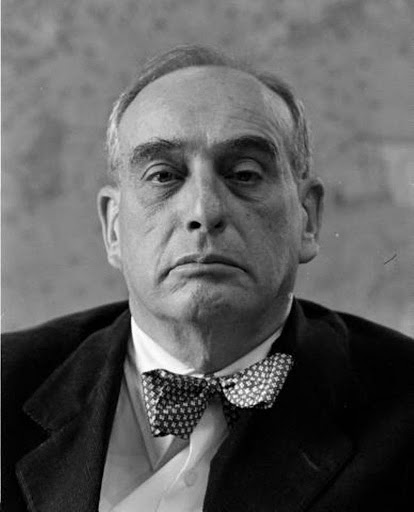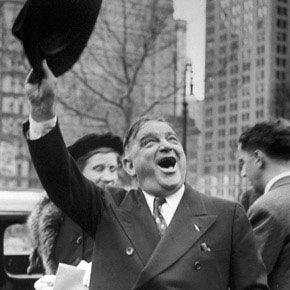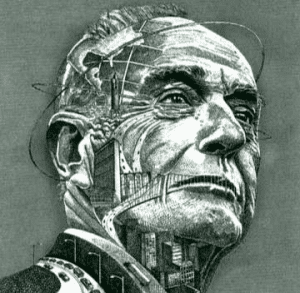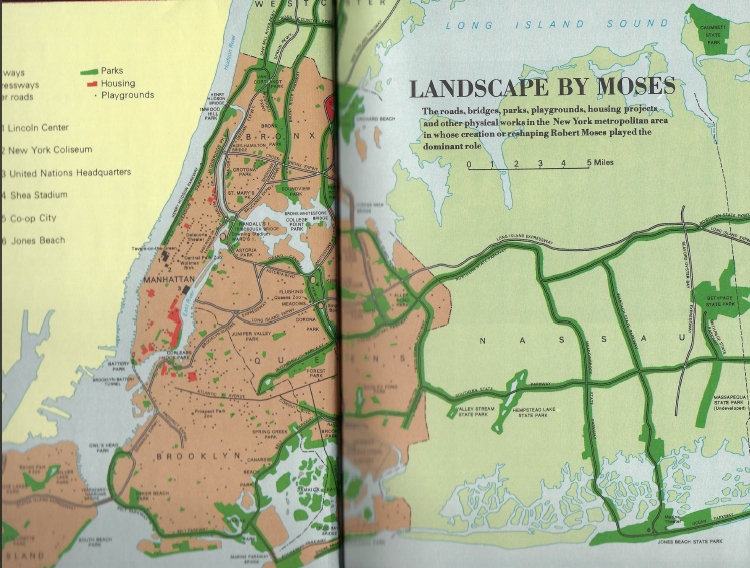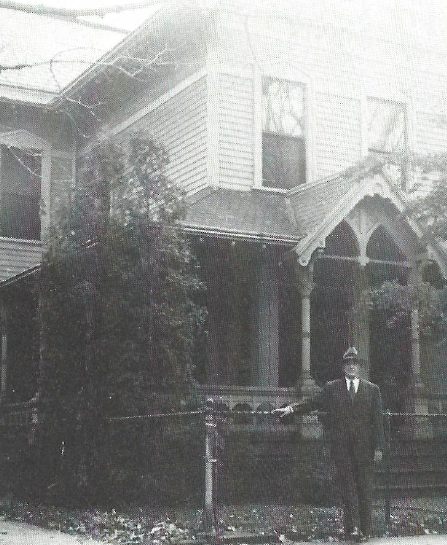Chapter 22 – Order 129
Roosevelt as President felt it was time to get his revenge on Moses. Roosevelt withheld money from New York City and the Mayor, La Guardia, now knew about the feud between Moses and Roosevelt. Roosevelt said La Guardia would not get vital funding if Moses remained. La Guardia now tried to get Moses to resign from the posts he currently held. Moses was still held in high regard in terms of parks and this was not easy. Moses could not be removed unless he was charged with a misdemeanour.
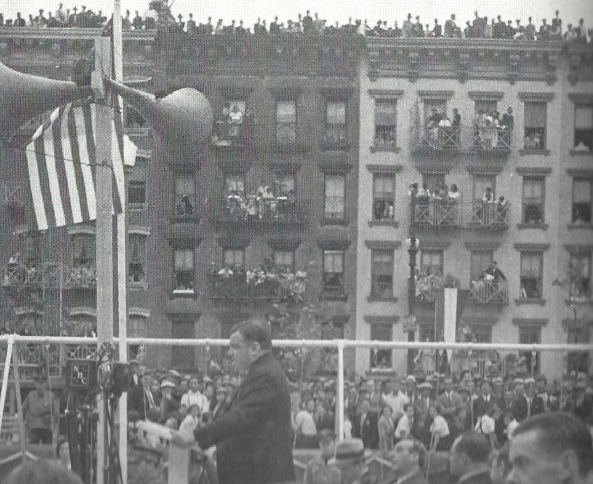
In December 1934 Roosevelt raised an order to the PWA, Order 129, that stipulated that no funds would be given to any authority whose head held public office. This obviously referred to Moses. This gave La Guardia a public excuse to fire Moses. Roosevelt also told La Guardia that funds would be resumed if Moses was simply not appointed the following year.
In response, Moses leaked the order to the press, showing Roosevelt to be involved in New York affairs. Moses was showing himself as an underdog fighting for the city against the powers that be. The press firmly lined up on Moses’s side and the public also returned their support. La Guardia now came under intense pressure to relax the pressure on Moses or resign himself. Moses had turned the situation around and now enjoyed the full support of the city.
Roosevelt however would not give an inch. He still wanted to go through with the order. Unfortunately for him, the press found out that Roosevelt was aware of, and even directed the order. The Reformers then joined on Moses’s side. They made it a matter of the principle of the division of powers, of the city being held hostage by the President. By mid-February 1935, the level of protest became countrywide and unignorable. A congressional investigation was talked of. A report from the Attorney General judged the order to be illegal.
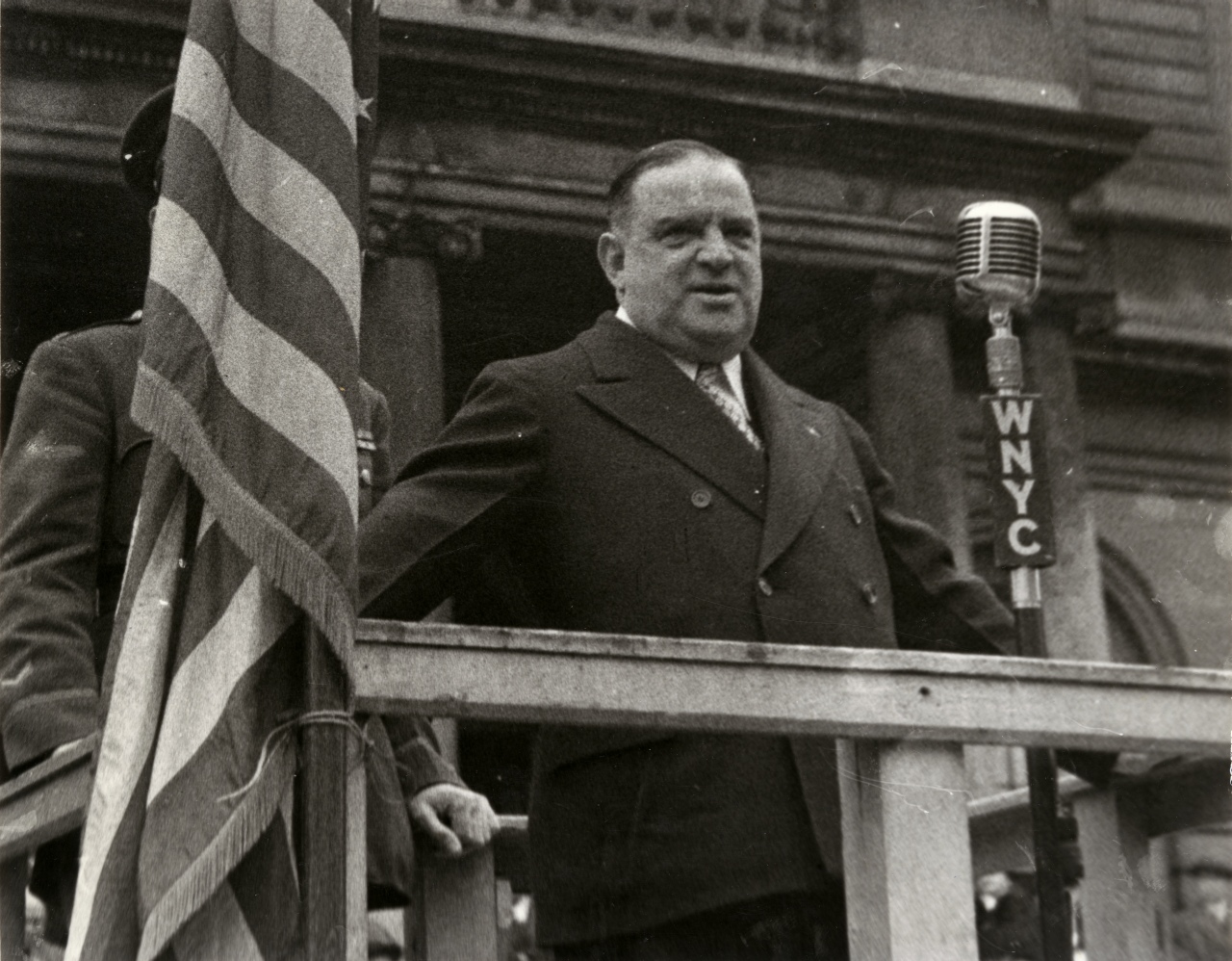
Roosevelt was desperate to find a way out. La Guardia suggested that he would apply the order in the future, but not retroactively. Al Smith had been persuaded by his supporters to intervene and now he decided that now was the time. He called a press conference, supporting Moses but not directly attacking Roosevelt but attacking his administrators. Roosevelt decided that this was the time to back down. Moses had won the battle and retained public confidence.
With funding resumed, the Triborough Bridge project was finally completed. Moses arranged a grand opening. The press speculated whether the President would attend. The President said he would attend but only if he was introduced by La Guardia. Both Roosevelt and Moses avoided voicing their mutual animosity, effectively putting their public spat to rest.
Analysis & Key Takeaways
- When La Guardia was angry with Moses, he threatened but Moses said look at the contract! The contracts had been signed by the mayor because he trusted Moses to be just. Also don’t forget Moses could get projects done without a scandal! On time for the election;
- La Guardia believed lawyers were like prostitutes except they sell their knowledge of the law; Moses believed that tax payers had a right to get value for money coming from all workers and employees, both would be somewhat right and somewhat wrong;
- Graft through fees for lawyer was a common thing, commissions for real estate agents. Insurance broker fees called commissions and public relations fees called retainers….no coincidences goes unpaid. How do you prove a lawyers fee for billable hours is not graft?
- Tom Shanahan was a banker who was able to get into construction contracts and would basically ensure a cash back to Shanahan fees for banking services and then a donation to the Democrat party. Shanahan would basically say I will expose the nasty stuff from the 1930s. Shanahan worked with Moses.
